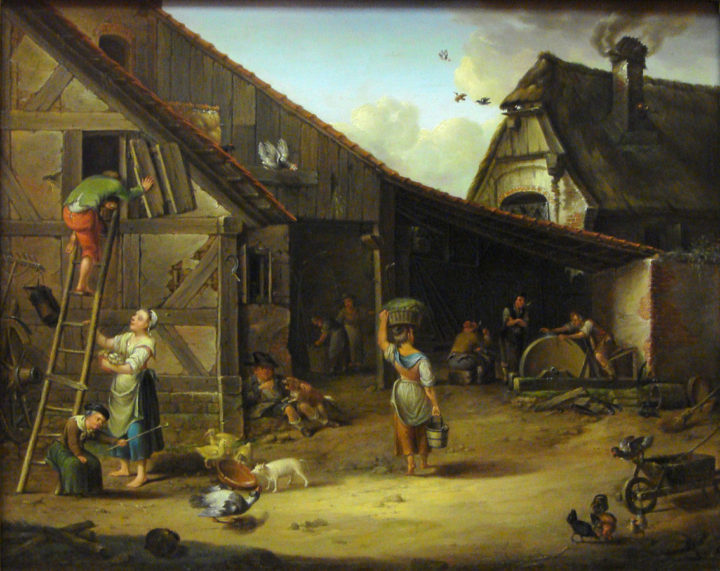John McDonnell, the shadow chancellor, has declared his Party’s interest in studying UBI as a response to the mechanisation of the workforce. Under the leadership of Jeremy Corbyn there is no doubt a search for more humanising economic models is taking place.
We reported in Pressenza last year, in response to comments by Prof. Hawking, this interesting link between mechanisation of production and Universal Basic Income: Prof. Hawking and the machines. Hopes, fears and possible misconceptions
His assessment of the effects of technology doing all the work “If machines produce everything we need, the outcome will depend on how things are distributed. Everyone can enjoy a life of luxurious leisure if the machine-produced wealth is shared, or most people can end up miserably poor if the machine-owners successfully lobby against wealth redistribution. So far, the trend seems to be toward the second option, with technology driving ever-increasing inequality” was an alarm call to look seriously into what changes we should be implementing in response to these very real and fast approaching trends.
Although The Swiss Referendum on the theme has rejected the proposal other countries are studying it and the article in The Guardian explains the McDonnell/Green Party/Compass interest in the issue has to do with research by “economists Howard Reed and Stewart Lansley, [who] argue that a transitional system could be created” in order not to make it prohibitively expensive.
The idea is not new. “Agrarian Justice is the title of a pamphlet written by Thomas Paine and published in 1797, which proposed that those who possess cultivated land owe the community a ground rent, and that this justifies an estate tax to fund universal old-age and disability pensions, as well as a fixed sum to be paid to all citizens upon reaching maturity.” Wikipedia
Experiments on UBI have taken place in a number of countries but are very limited and implemented in very different situations. However mechanisation as the driving force to find new economic solutions puts a renewed sense of urgency in considering this proposal. It is important to reflect that a collapse in the income of large sectors of the population is not only dehumanising and cruel, but it also affects the overall economy as production needs consumers. Therefore the message to those who imagine themselves accumulating even more wealth by means of automation of production (and doing away with human beings) is “sorry, think again”.






